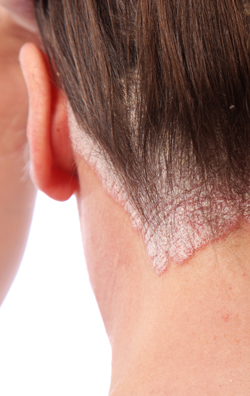
Sleep problems are the most common and disturbing in a baby's first year of life. The overtired baby or infant can be almost impossible to manage in the daytime and the frequent waking up at night can place a strain on family relationships.There are basically two types of sleep: active and passive. Active sleep is associated with body movement, muscle jerking, eye movements and dreaming. Contrastingly passive sleep is deep and restful without much body movement.
These two types of sleep occur together in cycles which lasts for about 50 minutes at birth and 75 minutes approximately by 4 years of age. This is the reason why many babies wake up, become restless an hour after being put to bed.The newborn sleeps about 17 to 20 hours a day. The sleep periods usually don't last more than five hours and wakeful periods not more than two or three hours. By three months, 70 percent of babies sleep about eight hours a night. Hunger and feeding are closely related to sleeping in the early weeks and many babies wake up screaming with hunger. After about 6 or 8 weeks old, hunger is less of a driving force and your baby will begin to get up before an occasional feed and will not automatically expect food.
If a baby is overstimulated, overtired and unrelaxed he would fight to get some sleep, but in the meantime, during the sleep, would get up frequently. In the initial months, a baby will not sleep unless he is fed sufficiently. Any pressure from the side of parents reflects on the baby as he may show sleeplessness, he will object and cry for no reasons.
By 6 to 8 weeks old some babies will require a 'play' period after feeds before they fall asleep. This requires the parents to know about and recognize the baby's desire for sleep, which may not be an easy task to do. When the baby is 3 or 4 months old the afternoon sleep period will begin to shorten- for most babies of about 3 months, the number of day sleeps is generally related to the number of feeds. The change from two to one day sleeps depends on the individual child usually occurs soon after the first birthday.
A special cuddling position, a lullaby, being put down to sleep in a particular position, playing soothing and soft music near the baby's head and knocking, patting or stroking may be part of the ritual of sleeping. Sucking and rocking the cradle during the first year, almost always improves sleep and so too does music or a pulsating sound.Occasional disturbed nights are part of being a parent, but constant crying and sleeplessness could also be due to a physical disorder. Discomfort or pain can be caused by wearing a wet nappy for a long time.





